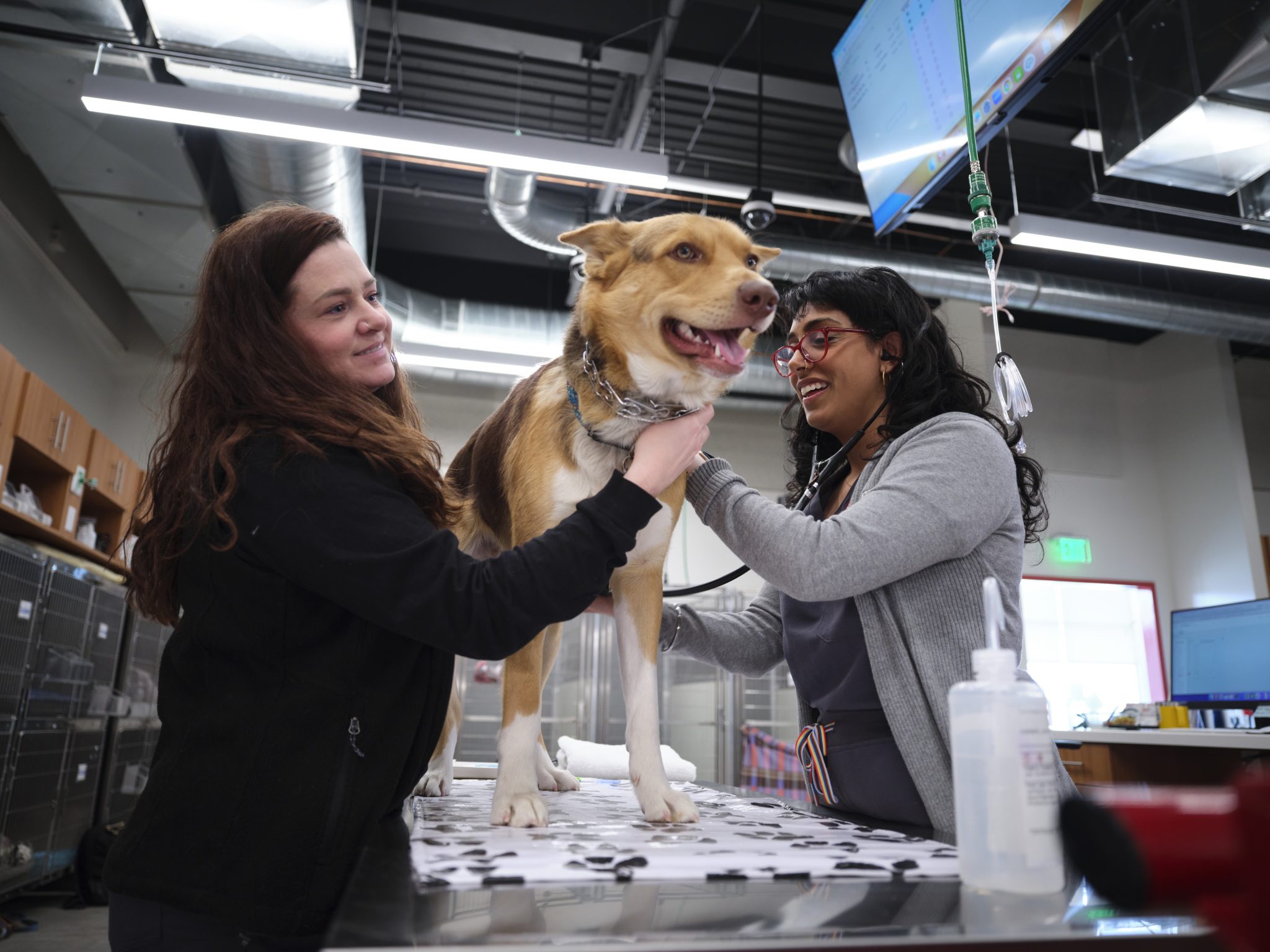
Why Does My Dog Keep Coughing?
Dr. Janine Franco
Call & Speak with a doctor Open 24/7, Even Holidays!
Walk in today for:
Emergencies
Point-of-Care Ultrasound
Urgent Care
X-Rays
Diagnostics + Testing
End-of-Life Care
Surgery
Treatment + Hospitalization
It can be alarming when your doggo is not feeling their best. Hearing a dog cough is especially concerning—the sounds alone can be jarring. Sometimes it’s a wheeze, it can be a retching noise, a repetitive choking sound, and sometimes it sounds like your great-uncle after he eats dairy. Worrisome, yes, but at Veterinary Emergency Group (VEG), we know how to diagnose your dog’s coughing problem and come up with a treatment plan.
Let’s discuss the common causes for canine coughing and some signs to watch out for. As always, if your dog is in distress, give VEG a call.
COMMON CAUSES BEHIND YOUR DOG’S PERSISTENT COUGH
Understanding the causes can help you gauge the seriousness of the situation.
Kennel cough: It’s like a common infectious disease in dogs
Kennel cough is highly contagious among dogs. If your dog has recently been around other dogs—at a park, kennel, or even a grooming salon—this could be the culprit.
Ahh-ahh-allergies!: More than a human problem
Yup, dogs can have allergies too! Dust, pollen, and even certain foods can trigger a coughing reaction in some dogs.
Organ misfortune: Heart and lung issues
If the cough is chronic and persistent, it could be more than just a cough. It may mean underlying heart or lung issues that need to be addressed. Older dogs are particularly at risk.
SIGNS YOUR DOG’S COUGH NEEDS EMERGENCY VETERINARY ATTENTION
Coughing doesn’t always spell disaster, but there are some telltale signs that your dog needs professional medical attention.
Big-time disruptive: A cough that just won’t stop
If your dog has been coughing non-stop for more than a day, it’s time to call us at VEG.
Dog-tired: lethargy and loss of appetite
If your dog appears listless, refuses to eat, or seems unusually tired along with coughing, you should bring them in to VEG.
Can’t ignore: it could be more
Severe symptoms like wheezing, difficulty breathing, or blue gums are red flags. Don’t waste time—get urgent vet care at VEG as soon as possible.
WHAT WILL THE VET DO FOR A DOG’S COUGH
You’ve made the decision to seek veterinary help, so what should you expect during your visit?
- Physical examination: We’ll start by examining your dog from nose to tail, paying special attention to the respiratory system.
- Diagnostic tests: Further tests like x-rays or blood work might be required to get to the root of the issue.
- Customized treatment plans: Depending on the diagnosis, we will suggest a course of action tailored specifically for your dog’s condition.
WHEN THE GOING GETS RUFF, CALL VEG
So, there you have it— when your dog has a cough, it’s always better to be safe than sorry. Give your local 24/7 VEG a call, and let’s make sure your dog gets the care they need! Take your dog to any of our open-concept hospitals, and your pet will be triaged immediately. Best of all, you get to stay with your furry BFF the entire time.

